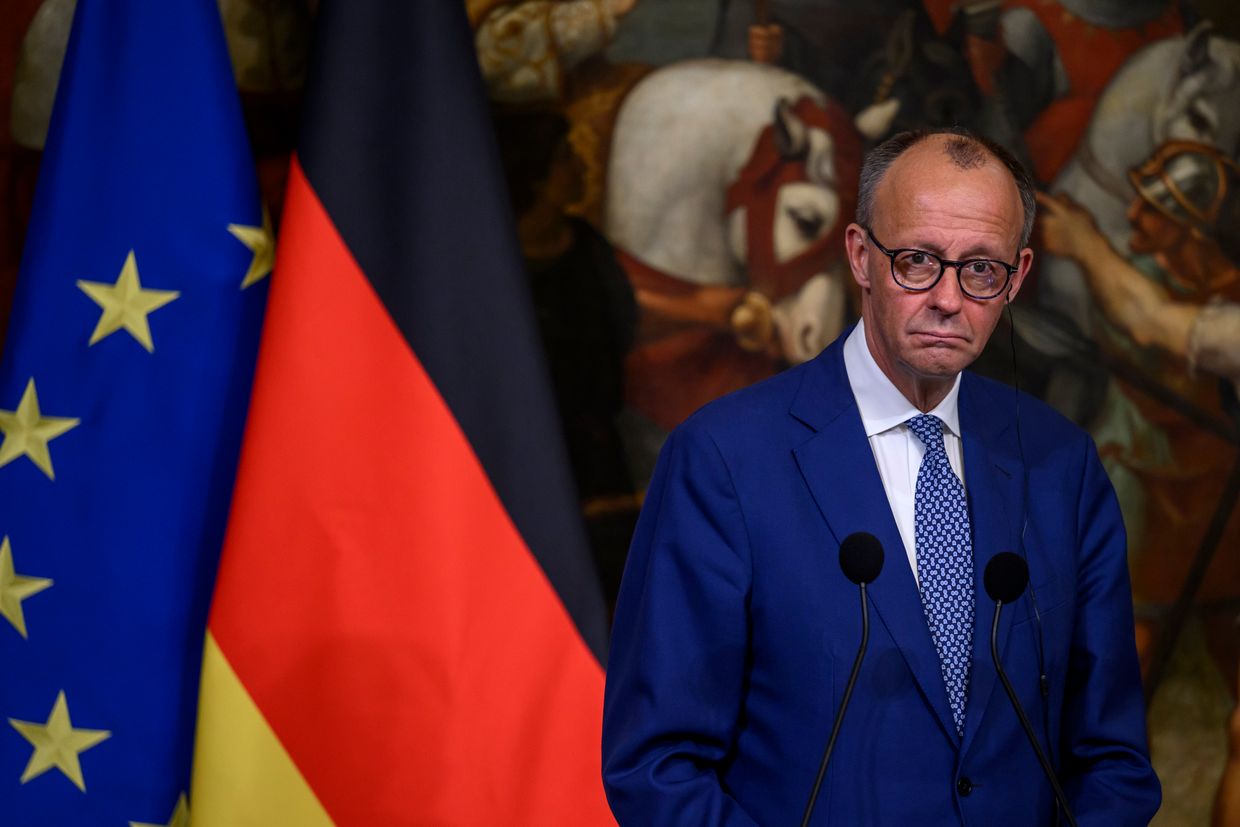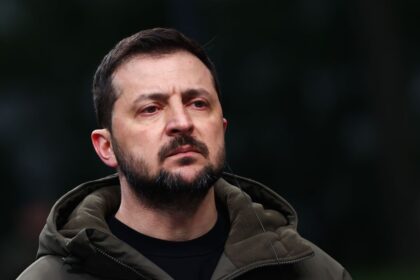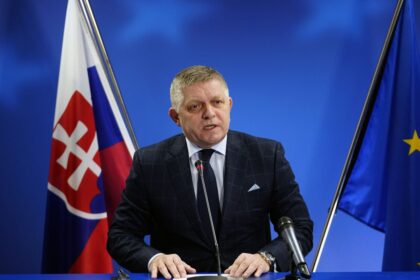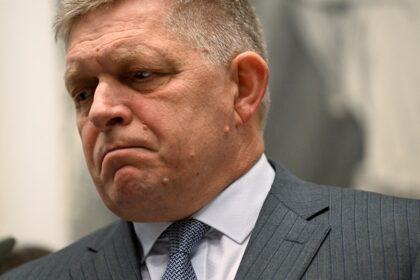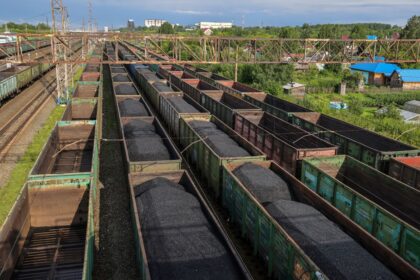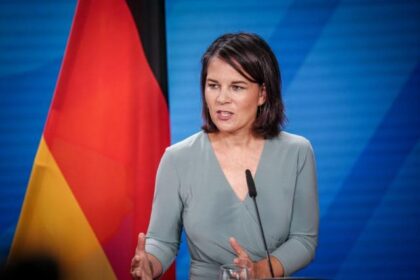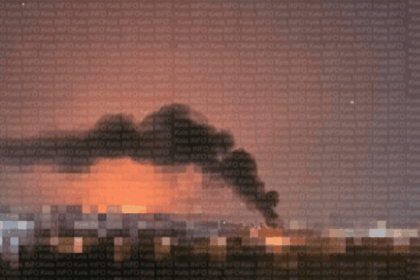**Europe Still Far from Deploying Troops to Ukraine**
German Chancellor Friedrich Merz has made it clear that Europe is not yet considering deploying troops to Ukraine. In a joint press conference with Italian Prime Minister Giorgia Meloni on May 17, Merz emphasized the need for an unconditional ceasefire in Ukraine. “There’s no reason to talk about (troop deployment) at the moment,” he said. “We want the weapons to stop, and the killing to end.”
This statement comes as efforts focus on securing a lasting peace agreement in Ukraine. The idea of a multinational force has been gaining traction, particularly with a coalition led by UK Prime Minister Keir Starmer and French President Emmanuel Macron. This “coalition of the willing” aims to establish a monitoring force that would ensure compliance with an eventual ceasefire, rather than engaging in combat with Russia.
However, Merz’s comments highlight the complexity of the situation. The priority now is to establish a viable framework for peace negotiations and determine potential security guarantees for Ukraine once a truce is in place. This approach reflects the European Union’s cautious stance on military intervention, emphasizing diplomacy and negotiation over force.
**Diplomatic Efforts Continue**
Despite the challenges ahead, diplomatic efforts continue to unfold. The first direct talks between Russia and Ukraine since 2022 took place in Istanbul on May 16. However, the Russian delegation’s refusal to send top-level representatives and their insistence on maximalist demands – including Ukraine’s neutrality, withdrawal from annexed regions, and an end to foreign military aid – have raised concerns about Moscow’s commitment to peace.
President Volodymyr Zelensky has condemned Russia’s absence of top leadership as a sign that they are not serious about ending the war. Ukraine had accepted a U.S.-proposed unconditional 30-day ceasefire in March, but Russia rejected it and continued its attacks.
**International Community Weighs Options**
The international community is now weighing its options amid Moscow’s intransigence and Kyiv’s calls for stronger guarantees and tougher sanctions. The Kremlin has already rejected the idea of deploying European peacekeepers in Ukraine, citing concerns about NATO’s military infrastructure getting too close to their borders.
While U.S. President Donald Trump has ruled out sending American troops, U.S. officials have suggested that Washington could support the coalition with intelligence-sharing and logistics. As Europe continues to navigate this complex situation, it remains unclear what path forward will be taken – but one thing is certain: the need for a lasting peace agreement in Ukraine remains the top priority.
Read More @ kyivindependent.com




